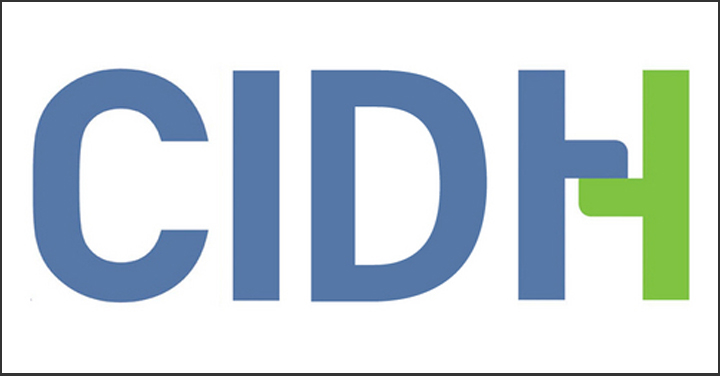Esta entrada también está disponible en: Spanish
July 19, 2013
Washington, D.C. – The Inter-American Commission on Human Rights (IACHR) strongly condemns the murder of Lenca indigenous leader Tomas Garcia and injuries to his son, 17-year-old Allan Garcia Dominguez, allegedly committed by members of the Honduran Army. The IACHR urges the State of Honduras to ensure the physical integrity and security of leaders and members of the Lenca people, who protest against the implementation of projects in their ancestral territory. The Commission urges the State to investigate these acts of violence, resolve them judicially, and punish those responsible.
According to available information, on July 15, 2013, members of the Honduras army fired their weapons against members of the Lenca people when they were holding demonstrations against the implementation of a hydroelectric project in their ancestral territory. This resulted in the death of Tomas Garcia, community leader and active member of the Civic Council of Popular and Indigenous Organizations of Honduras (COPINH), and injury to the child, Allan Garcia Dominguez, who was shot in the chest and is in a serious health condition.
Reports indicate that since April, the Lenca people has been holding demonstrations against a hydroelectric project in the Agua Zarca sector on the Guacarque River, part of the Lenca ancestral territory. The project was awarded to private companies through a concession. According to the leaders of the Lenca people, there was no prior consultation on the project. According to COPINH, in this context, violent acts and threats against the lives of indigenous leaders of COPINH have taken place, allegedly for reasons related to their opposition to the project.
The IACHR reminds the State of its obligation to judicially investigate such acts of violence, punish those responsible, and repair the consequences. Additionally, the Commission reiterates that the demonstrations and protests are an expression of the right of association and freedom of expression, fundamental rights guaranteed in the American Convention on Human Rights and essential to the existence and functioning of a democratic society. The Commission also recalls that a State may impose reasonable restrictions on demonstrations in order to ensure the peaceful development of the same or disperse those that turn violent, provided that such limits are governed by the principles of legality, necessity, and proportionality. In this regard, the Commission urges to adopt mechanisms to avoid excessive use of force by government agents in protests, and calls on the State to urgently adopt all measures necessary for the adequate protection of protestors in compliance with the American Human Rights Standards. Additionally, the Commission calls on the State to design and implement security operations taking into particular consideration the possible presence of children in demonstrations or other forms of protest and therefore deploy all necessary efforts to ensure special protection against all acts of violence.
The Commission also notes that, as reiterated by the American system organizations, States must ensure that indigenous peoples are previously, freely, and in an informed way consulted about the issues that may affect them, taking into account that this consultation should be directed to reach an administrative or legislative agreement in relation to actions that have an impact on their rights.
The Commission also reiterates that acts of violence and other attacks against human rights defenders, as is the case with indigenous leaders who defend their right to their ancestral land, not only violate their rights as individual persons, but also threaten against the fundamental role they play in society, and create situations of helplessness for all people who benefit from their work.
The IACHR is an autonomous organ of the Organization of American States (OAS), deriving its mandate from the OAS Charter and the American Convention on Human Rights. The Inter-American Commission has a mandate to promote respect for human rights in the region and acts as a consultative body to the OAS in this matter. The Commission is composed of seven independent members who are elected by the OAS General Assembly in their personal capacity and do not represent their countries of origin or residence.

